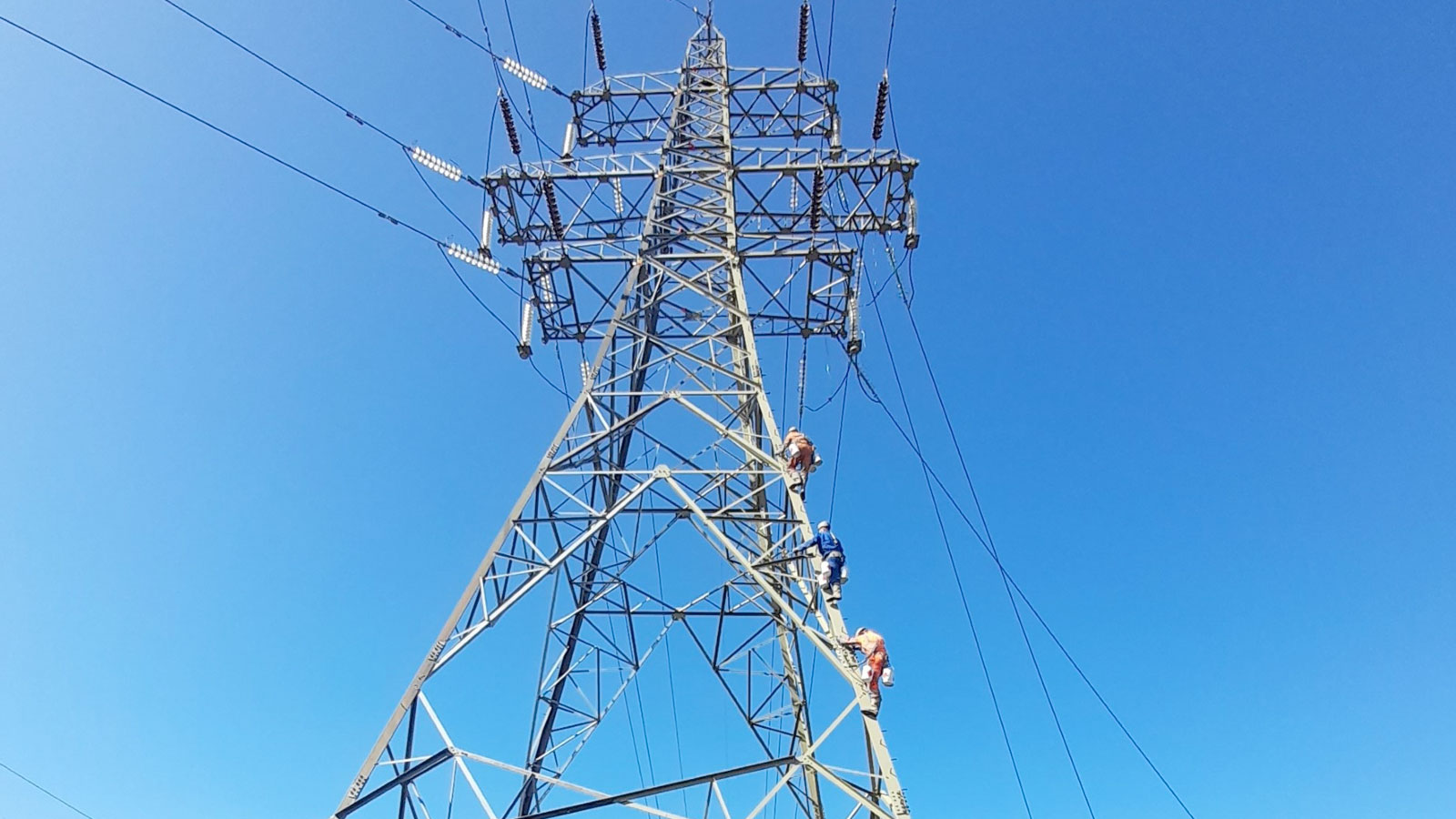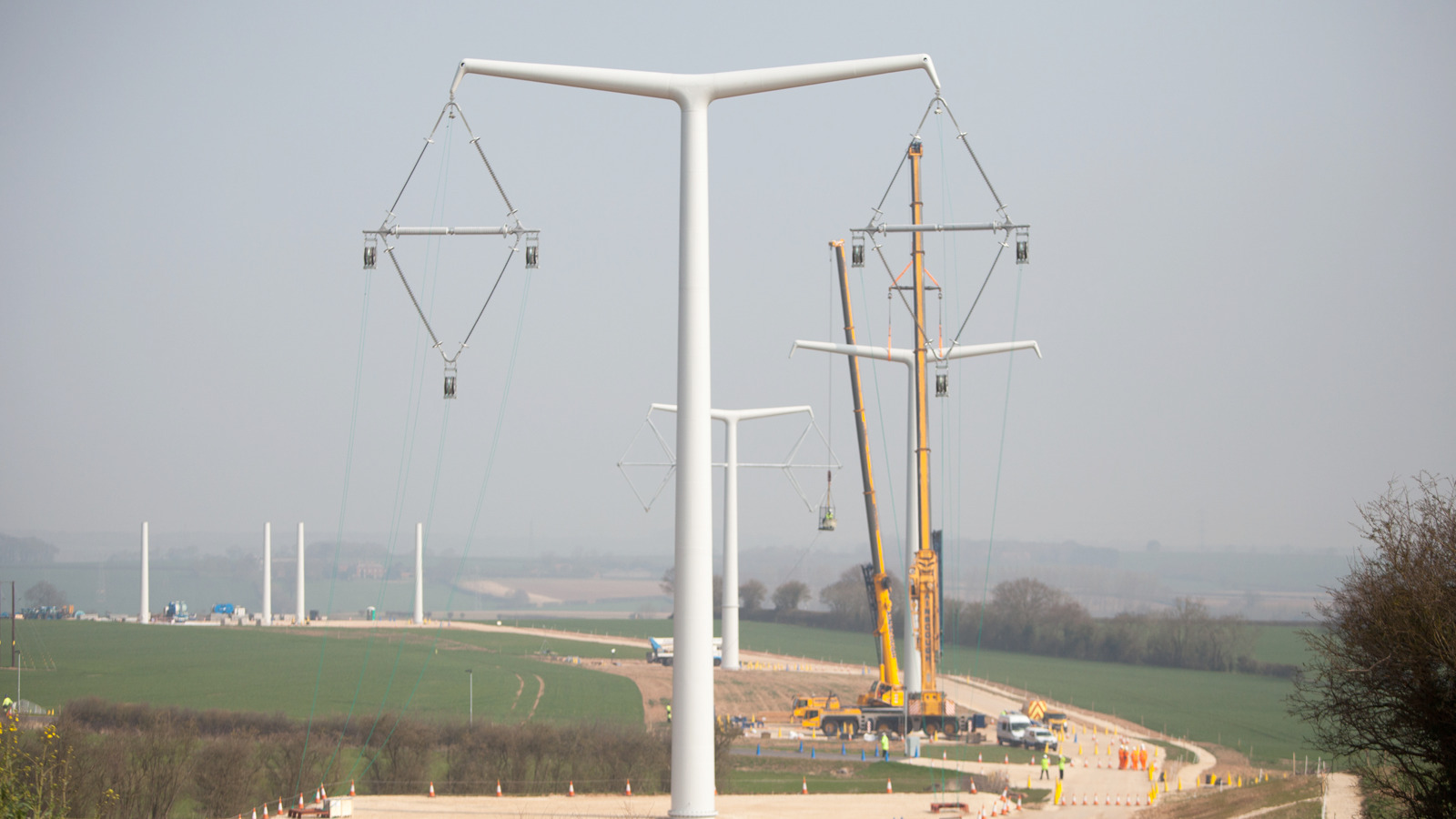With the subject of climate change now hotter than ever (pun intended), are utility companies doing enough to improve sustainability? Love Energy Savings is here to answer that question and gives us an insight into what the future holds for the consumer.
This summer was one that put climate change at the forefront of everyone’s minds. In July, the world experienced the hottest month in recorded history. Temperatures topping 40°C swept through Europe, setting all-time heat records in several countries, and Greenland lost a staggering 200 billion tons of ice – three times the summer monthly average.
With the climate crisis worsening, companies can no longer afford to live in denial. Energy and utility companies face particularly intense scrutiny. Their position as producers and suppliers of energy requires accountability, and as more and more consumers wake up to the need for ethical practice in power production, they risk losing customers if they fail to act.
The good news is that many utility companies are in fact doing their part to help reduce emissions — and it’s never been easier for consumers to go green.
What are suppliers doing already?
One of the key ways suppliers are helping consumers be more sustainable is offering ‘green tariffs’ to their customers. On a green tariff, suppliers promise to match some or all of the electricity consumers use with energy from renewable sources. In the UK, this energy is most often sourced from solar and wind power.
Many suppliers have increased investment in green energy production to make their regular tariffs more environmentally friendly. The amount of renewable energy these suppliers generate depends on environmental factors and the demand on the network, which means your tariff might not be 100% green all year round.
Some suppliers offer specific green energy tariffs, which guarantee your electricity or gas is generated from 100% renewable energy at all times. These tariffs are usually offered by specialist green suppliers, who tend to be smaller independent companies.
However, not all ‘green’ suppliers are 100% renewable quite yet. It’s important for environmentally conscious consumers to check the fuel mix of their supplier – that is, how much of the electricity they produce is from sustainable sources and how much is not. It’s a legal requirement for energy suppliers to publish their fuel mix. Most will share these details online.
Some larger suppliers are also leading by example in the way they themselves use energy. A few large established energy providers have promised to purge petrol and diesel from their fleets by switching to exclusively electric vehicles by 2030.
What does the future look like for consumers?
While green energy might have been more expensive than a regular tariff in the past, a lot has changed. Today, many renewable electricity providers can match the prices you might be paying currently because renewables are becoming cheaper to manufacture thanks to EU subsidies.
Energy could become cheaper overall if the UK successfully migrates to a more sustainable model. Experts predict that green energy will be cheaper than fossil fuels by 2020. The International Renewable Energy Agency (IREA) estimates that energy produced by onshore wind and solar photovoltaic projects will cost as little as 2p per kWh, far less than today’s average cost of around 15p per kWh.
Could energy companies be doing better?
While there are many steps being taken to make renewables the de-facto option for UK households and businesses, there is still some way to go.
Currently, only 25% of the electricity in the National Grid comes from renewable green sources. This includes power generated on wind farms, by solar panels, and on hydroelectric power plants. The rest of the National Grid’s energy is generated in nuclear power plants or by burning fossil fuels.
Moreover, some of the UK’s biggest energy firms have been accused of failing to tackle the climate crisis by withholding support for a legally binding EU emissions target, despite backing the plans publicly. The failure to agree to the new goal has made them the target of accusations that they might be ‘greenwashing’ their agenda – that is, making themselves seem more supportive of climate action than they are.
The good news is that in June this year, the UK became the first major economy to put into law plans to cut carbon emissions to net-zero by 2050. Under these new laws, energy firms that fail to do their part in reducing emissions will come under greater pressure to take action from the government, who have the legislative power to drive change by mandate.
“We’re at the point now where the benefits of going green – even from a commercial perspective – far outweigh the costs,” comments Phil Foster, CEO at energy specialists Love Energy Savings. “With new UK laws putting pressure on suppliers, the ethical providers are rising to the top and consumers are taking notice.
“I’m hopeful that bigger suppliers will follow the lead of more progressive independents who have typically led the green energy revolution, and the resulting increased competition benefits customers, domestic and business alike.”





